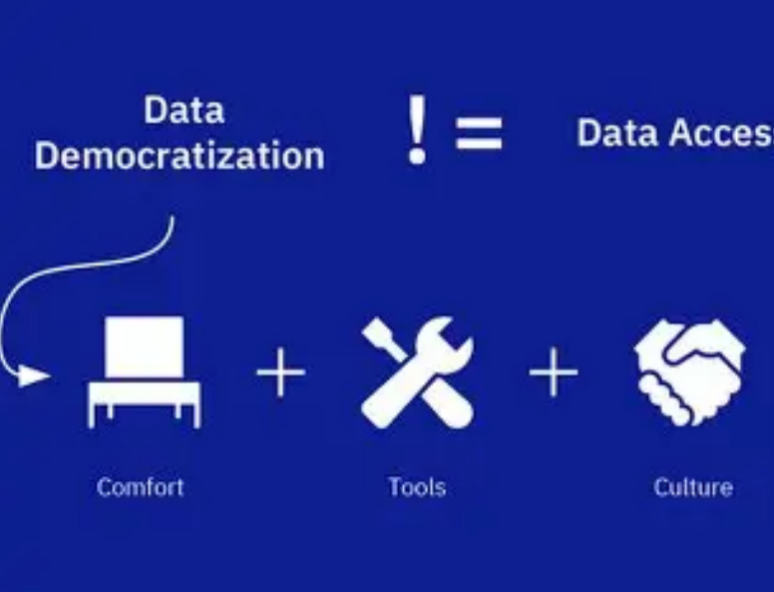For individuals with significant wealth, financial technology goes beyond mere applications and algorithms—it is a powerful change that is reshaping the ways in which wealth is accumulated, safeguarded, and inherited. Fintech offers more than just basic conveniences; it is creating innovative opportunities for strategic choices, completely altering conventional wealth management practices.

Hyper-Personalized Portfolio Engineering
Traditional "balanced portfolios" no longer meet today's needs. Modern financial technology employs AI to develop personalized investment plans that take into account life changes, such as paying for a child’s education, buying a yacht, or taxes related to obtaining a second passport. These advanced systems assess different options—like investing in pre-IPO startups or rare whisky—and connect them to your personal risk preferences and values. For instance, you might reallocate 5% towards carbon credits to support climate initiatives or invest in luxury real estate tokens in popular cities, aligning your financial choices with your life aspirations.
Real-Time Risk Intelligence
Keeping wealth safe requires quick actions; fintech solutions keep an eye on dangers as they happen. These platforms observe worldwide happenings—political changes, shifts in cryptocurrency—assessing how they influence assets. If a regulation in Monaco raises yacht prices, immediate notifications are sent, recommending a switch to a holding company in Malta. For assets in different countries, AI tax systems predict changes in laws, allowing for smart moves to reduce costs. This proactive approach to risk transforms potential losses into opportunities for strategic shifts.
Democratized Access to Elite Opportunities
Exclusive investments—private equity, art finance—once needed million-dollar minimums and connections. Fintech breaks barriers: platforms like Masterworks let accredited investors buy fractional Picasso shares; others offer venture deals once for institutions. High earners diversify into niches without tying up fortunes—owning a slice of a luxury sneaker brand’s early round or an Aegean renewable project, all tracked via mobile dashboards with real-time valuations.

Legacy Planning Reimagined
Transferring wealth to future generations has transformed from a simple legal process into a fluid one. Financial technology is reshaping legacy planning into an engaging, cooperative experience. Software for family offices enables you to give heirs controlled access to portfolio information, helping them learn about financial responsibility through guided practice—like overseeing a simulated “test portfolio” of $1 million to evaluate their response to market fluctuations. Blockchain-driven smart trusts automate payouts according to specific milestones (such as graduating or buying their first home) and offer immediate transparency for all beneficiaries. These resources not only safeguard your legacy; they adapt to meet your family’s evolving requirements.
The Human-Machine Partnership
Despite concerns about automation, leading fintech companies for wealthy clients actually enhance human skills. Your private banker collaborates with AI, which provides insights that help them recommend daring strategies—such as taking advantage of a temporary drop in luxury watch prices to invest in a rare model expected to increase in value. While technology processes data, advisors can dedicate their time to more in-depth discussions: finding a balance between your thrill-seeking impulses (like buying a private island) and your long-term financial security. This collaboration combines the accuracy of algorithms with a human touch in understanding what “wealth” signifies for you.

Fintech is changing the landscape of wealth management, giving high-net-worth individuals greater control, fresh opportunities, and better alignment with their personal lives than ever. It’s not solely about profit—it’s about making your money work in ways that feel purposeful, dynamic, and distinctly yours.





